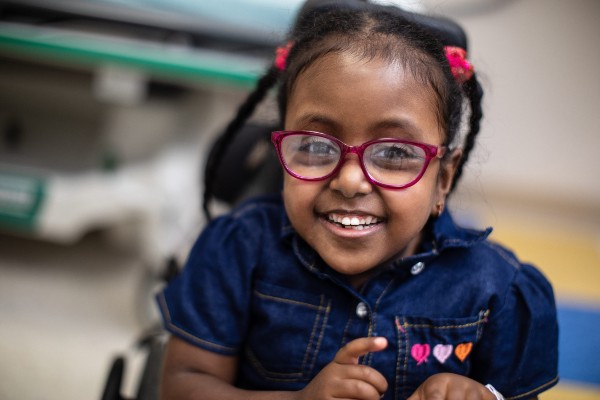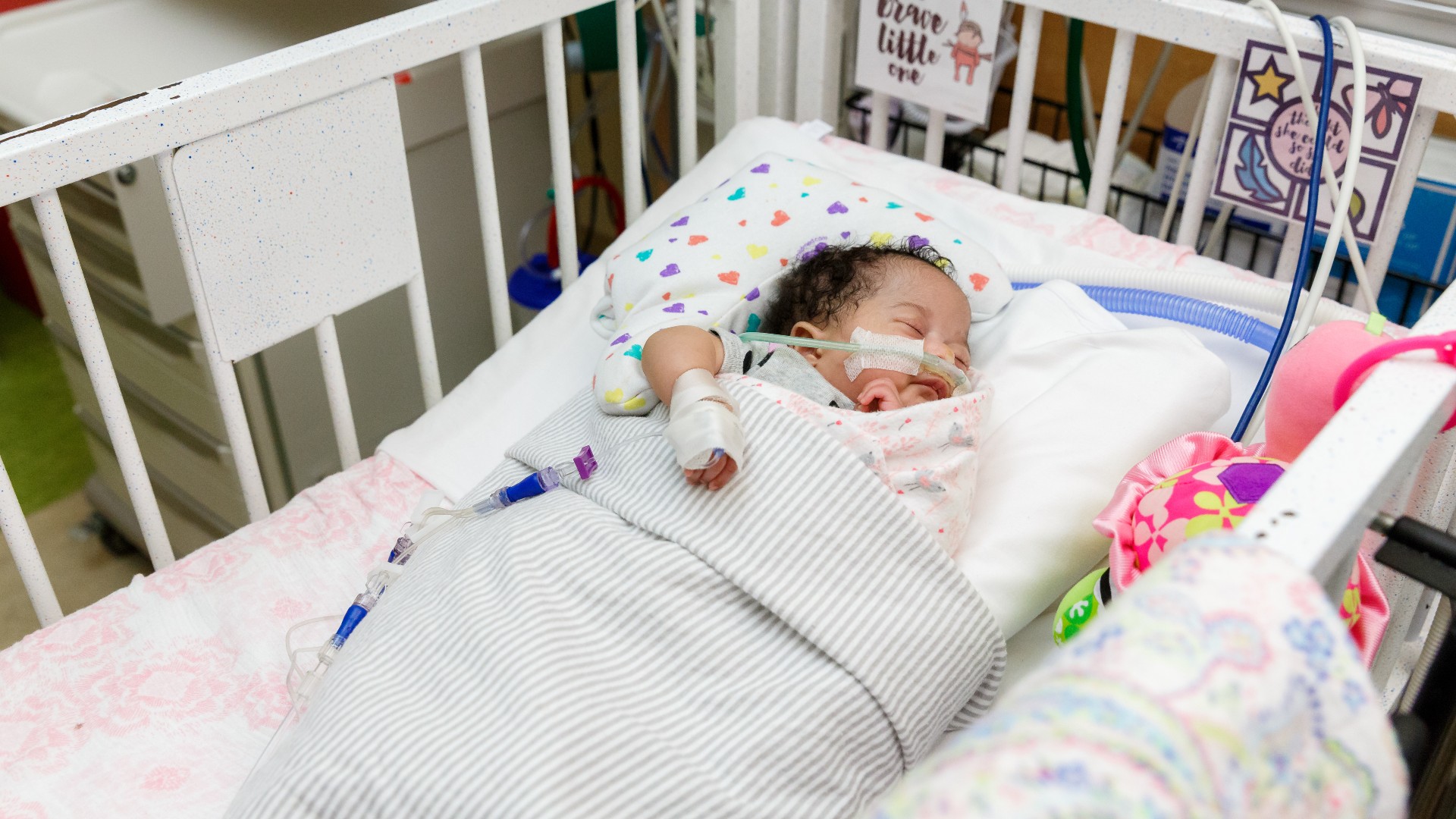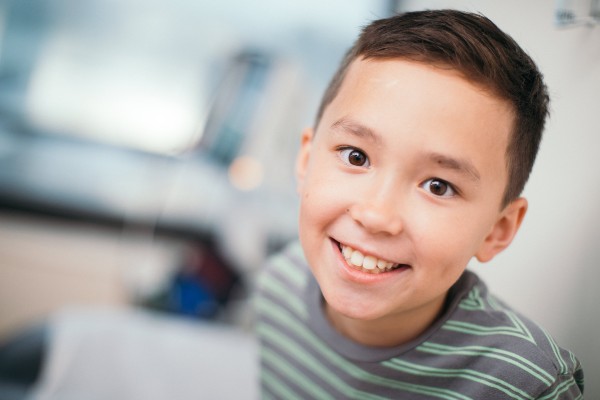Condition
Pediatric Intestinal Malrotation and Volvulus
What You Need to Know
Malrotation happens when the intestine doesn’t turn like it should. A volvulus happens when the intestine becomes twisted. This causes an intestinal blockage.
Key Symptoms
Common symptoms of malrotation and volvulus may include:
- Vomiting green digestive fluid
- Drawing up the legs
- Stomach pain
Diagnosis
Doctors typically diagnose malrotation and volvulus by:
- Blood tests
- Stool guaiac
- CT scan
- Abdominal X-ray
Treatment
- IV fluids
- Antibiotic medicine
- NG tube
- Surgery
Schedule an Appointment
Our pediatric specialists provide personalized care for your child’s physical, mental and emotional health needs. Meet the providers who treat intestinal malrotation and volvulus and schedule an appointment today.
Frequently Asked Questions
What is intestinal malrotation and volvulus?
What causes a malrotation or volvulus?
Who is at risk for a malrotation?
What are the symptoms of malrotation and volvulus?
How are a malrotation and volvulus diagnosed?
How are a malrotation and volvulus treated?
What are possible complications of a malrotation or volvulus?
How can I help my child live with a malrotation and volvulus?
Departments that Treat Intestinal Malrotation and Volvulus

Intestinal Rehabilitation Program
Our nationally renowned team members have dedicated their careers to treating children with intestinal failure. We offer a precise diagnosis, a personalized treatment plan, and ongoing care for children and families. Learn more about our program.

Help Kids and Make a Difference
Invest in future cures for some of life's most devastating diseases. Give today to help more children grow up stronger.






